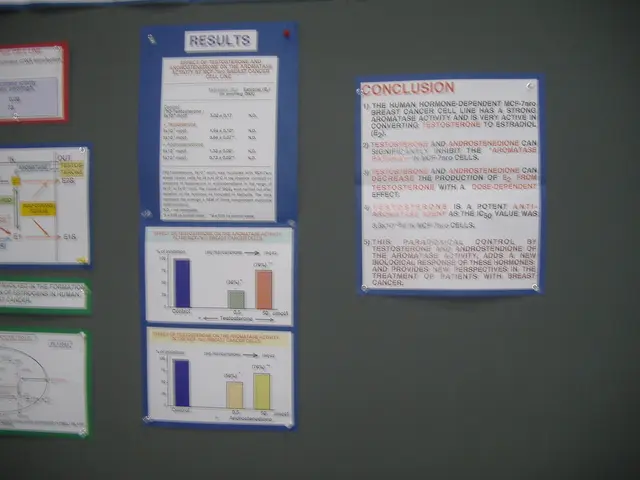Navigating the Path to Becoming a Supply Chain Analyst by 2025
Supply Chain Analyst: The Hidden Heroes of the Global Economy
Welcome to the fascinating world of supply chain analysis! In this dynamic global economy, where products journey across continents to reach your doorstep, these hidden heroes ensure your favorite restaurant's secret ingredient arrives on time. With a skyrocketing growth rate of 28%, becoming a supply chain analyst opens up a golden opportunity to shape this vital industry. Join us as we delve into the pivotal role of supply chain analysts and lay out a roadmap to embark on a rewarding career in this field.
- Who is a Supply Chain Analyst?
A Supply Chain Analyst (SCA) is a professional who optimizes and manages various aspects of the supply chain. Their mission is to ensure the efficient flow of goods or services from manufacturers to end consumers.
- Roles and Responsibilities
SCAs play an essential role in industries like manufacturing, retail, logistics, and more. Their tasks include: - Strategizing for potential risks - Leading teams - Establishing procurement standards - Boosting revenue - Negotiating cost-effective deals - Maintaining positive relationships with partners - Reporting performance metrics - Resolving supply chain issues
- A Day in the Life of an SCA
SCAs proactively analyze data, monitor logistics, and make strategic decisions to optimize the supply chain's performance. Their day typically consists of oversight of large-scale projects, training teams, assessing and addressing potential risks, and interacting with vendors.
- Skills and Education
To excel as an SCA, you'll need: - A bachelor's degree in Mathematics, Logistics, Business Analytics, or a related field - Prior experience in supply chain or logistics roles - Strong problem-solving, multitasking, and time-management abilities - Critical thinking and attention to detail - Qualitative and analytical skills, including data analysis and project management - Non-technical skills, such as logical thinking, interpersonal skills, and effective communication
- Compensation and Job Opportunities
In India, Supply Chain Analysts earn an average annual salary of INR 5.2 lakhs, with experienced professionals earning up to INR 12 lakhs. In the United States, the median salary for logistics professionals, including SCAs, is $77,030, with rapid job growth expected between 2021 and 2031.
- Essential Learning Paths
- Get equipped for a career in data analysis with our comprehensive Blackbelt Plus Program.
- Understand key AI/ML use cases for supply chain management (SCM) and leverage machine learning for efficiency in SCM.
In the realm of supply chain management, the role of a Business Analytics professional is crucial. They apply Machine Learning algorithms to optimize and improve various aspects of the supply chain, ensuring efficient flow from manufacturers to consumers.
A fundamental part of this role involves Data-and-Cloud-Computing, as they often rely on cloud-based systems to analyze and manage vast amounts of data.
For those interested in pursuing this field, Education-and-Self-Development opportunities such as Online-Education platforms offer courses on supply chain management, providing the necessary skills and knowledge to excel in this technology-driven industry.







